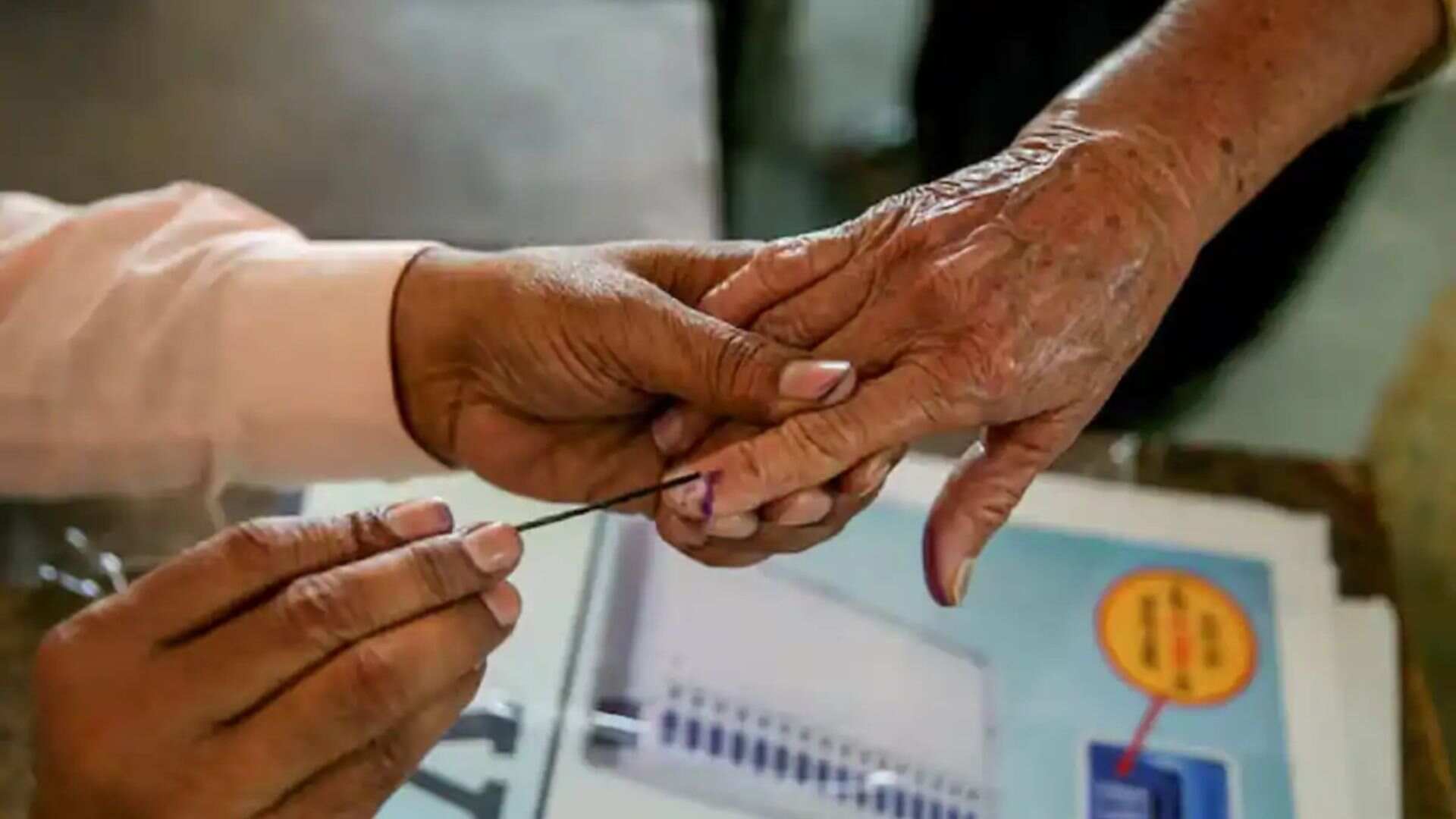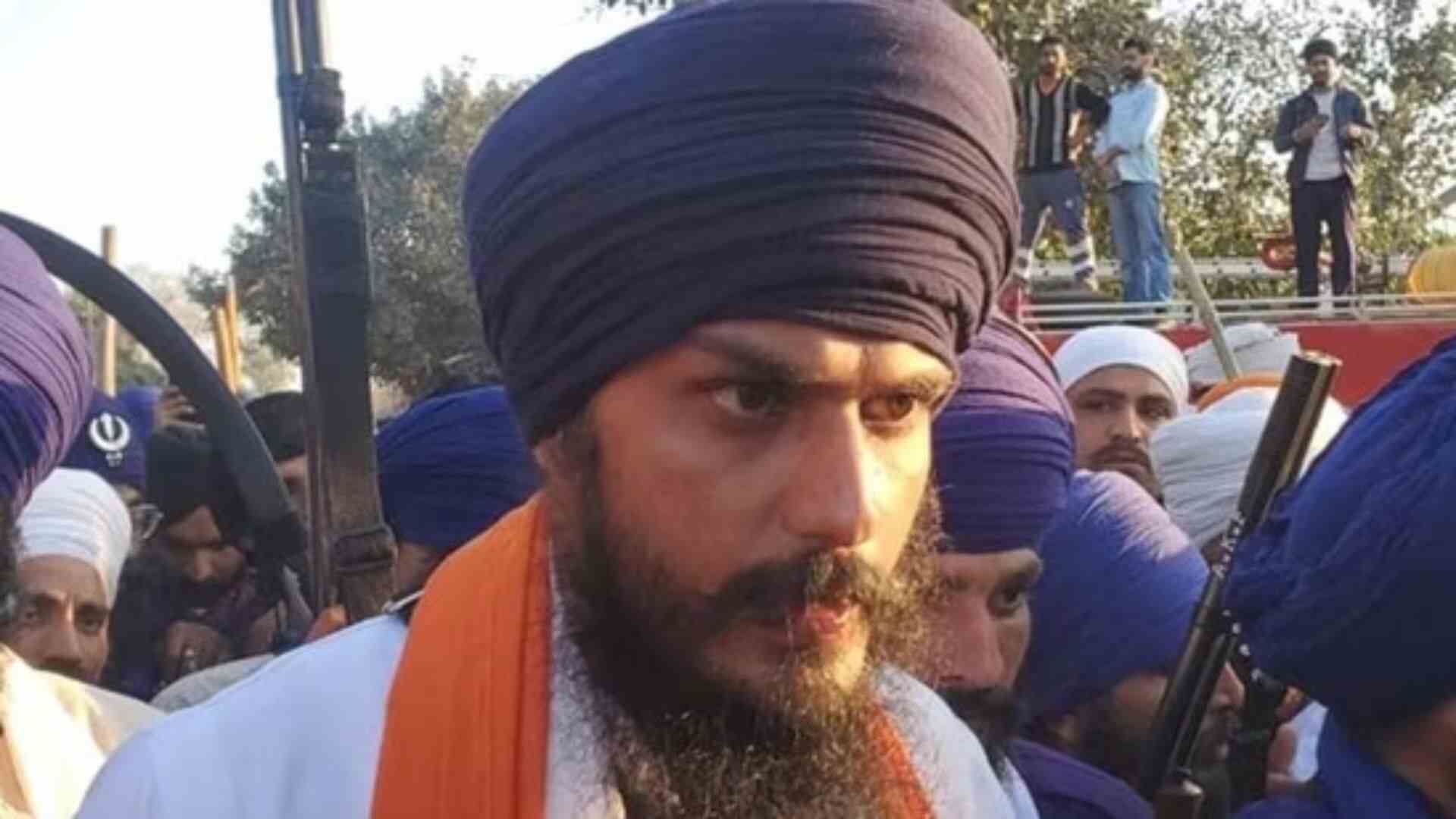The first stage of Lok Sabha elections in 2024 began at 7.00 am. on Friday, covering 102 parliamentary constituencies spread across 21 states and Union Territories. Voters used their right to vote till 6:00 p.m. Polling for the assembly elections began simultaneously in the northeastern states of Sikkim and Arunachal Pradesh. Sikkim concentrated on winning 32 assembly seats and one Lok Sabha seat, whereas Arunachal Pradesh sought to elect its 60-member Assembly and two Lok Sabha seats.
Prime Minister Narendra Modi seeks his third consecutive term, while the opposition coalition, INDIA, aims to displace him from power. The backdrop of these elections involves the arrest of opposition leaders, including Delhi Chief Minister Arvind Kejriwal, on charges of corruption in a liquor policy case. Allegations of unfair treatment were raised by the opposition, citing instances such as frozen accounts by income tax authorities and other purported obstacles imposed by the ruling BJP.
A considerable electorate of 16.63 crore voters is poised to cast their votes in the initial phase, deciding the fate of 1625 candidates, including prominent figures like Nitin Gadkari, Kiren Rijiju, Bhupendra Yadav, and Arjun Ram Meghwal. The Election Commission of India (ECI) reported a deployment of 1.87 lakh polling stations and 18 lakh personnel across the 102 constituencies participating in the first phase. This phase covers the largest number of parliamentary constituencies across 21 states and Union Territories.
The voting populace comprises an estimated 8.4 crore male voters, 8.23 crore female voters, and 11,371 third-gender electors. Key issues under scrutiny include unemployment, violence against women, agricultural grievances, paper leaks, land rights of tribal communities, and inflation. Pre-poll surveys indicate significant concerns among voters regarding price rises and unemployment.
Various regions have highlighted specific concerns. For instance, Assam is grappling with demands for improved facilities and wages for tea garden workers. States like Rajasthan, Chhattisgarh, West Bengal, Madhya Pradesh, and Uttar Pradesh have emphasized issues such as inflation, agricultural challenges, crimes against women, and paper leaks.
Puducherry placed the demand for full statehood at the forefront, while Tamil Nadu pressed for the establishment of proposed AIIMS, exemption from the NEET examination, and flood relief. Manipur, amidst ethnic tensions, has special arrangements for internally displaced voters.
The electoral landscape showcases significant contests across various constituencies, with notable candidates vying for seats. Uttar Pradesh, Maharashtra, West Bengal, Tamil Nadu, Assam, Bihar, Madhya Pradesh, Uttarakhand, and Rajasthan are among the states witnessing crucial electoral battles in this phase.
The Election Commission has undertaken extensive measures to ensure the integrity of the electoral process, including the deployment of central forces, webcasting at polling stations, and surveillance teams to combat malpractices. Strict vigilance is maintained on inter-state and international borders to prevent illicit activities. Additionally, voters are cautioned against misinformation and fake news, particularly on social media platforms.
The 2019 elections, also held in seven phases, saw the Congress-led United Progressive Alliance (UPA) securing 45 of the 102 seats in the first phase, while the Bharatiya Janata Party (BJP)-led National Democratic Alliance (NDA) won 42 seats. Subsequent phases of the current elections are scheduled for April 26, May 7, May 13, May 20, May 25, and June 1, as announced by the Election Commission of India on March 16. Bye-elections to 26 assembly constituencies will coincide with the Lok Sabha and state assembly polls.






















